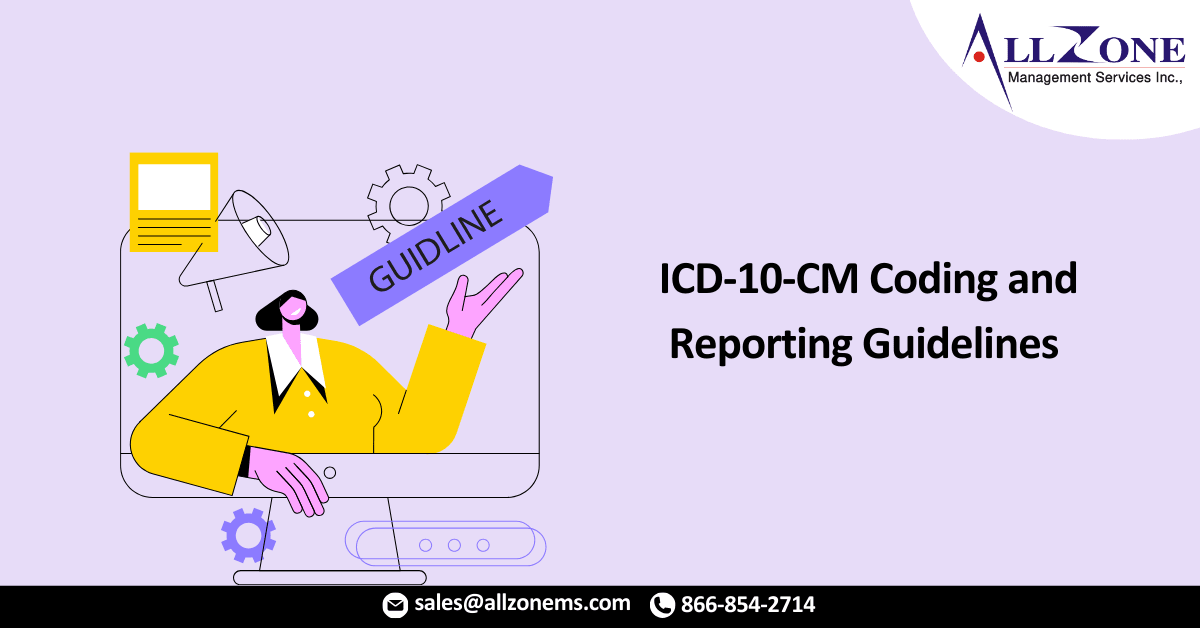Effective from discharges/visits on October 1, 2022, the 2023 Official Coding and Reporting Guidelines for ICD-10-CM have been established.
On July 7, 2022, the Centers for Medicare and Medicaid Services (CMS) issued MLN Connects, featuring an article focusing on long COVID. This article imparts guidance on coding practices for both long COVID and ongoing COVID infections. Reference to the Official Coding and Reporting Guidelines is made within the article.
Long COVID is assigned the ICD-10-CM code U09.9 (Post COVID-19 condition, unspecified). Additional codes might be employed to designate related signs and symptoms. This code reflects the conclusion of an active COVID infection, signaling the emergence of sequela in the patient. It’s crucial to differentiate this from Z86.16 (Personal History of COVID-19).
Per the Official Coding and Reporting Guidelines for ICD-10-CM FY23, a patient could concurrently exhibit a current infection and conditions linked to a prior COVID infection. In such cases, the patient should be assigned codes U07.1 (COVID-19) and U09.9. If a follow-up examination is conducted for a patient who exhibits no post-COVID signs or symptoms and has negative test outcomes, the appropriate codes are Z09 (Encounter for follow-up examination after completed treatment for conditions other than malignant neoplasm) and Z86.16.
Further coding counsel has been issued in the American Hospital Association’s Coding Clinic for the Second Quarter of 2022, on page 27. It advises that patients seeking prophylactic treatment (e.g., long-acting monoclonal antibodies) for COVID should be designated with Z29.8 (Encounter for other specified prophylactic measures). These patients might possess severe allergies preventing COVID vaccination or moderate to severe immunocompromised conditions that resulted in inadequate response to vaccination.
According to the Official Coding and Reporting Guidelines for ICD-10-CM, individuals undergoing antibody testing unrelated to confirming an active COVID infection should be assigned Z01.84 (Encounter for antibody response examination). Those undergoing testing to verify a present COVID infection should receive code Z20.822 (Contact with and [suspected] exposure to COVID-19). Notably, during the pandemic, assigning Z11.52 (Encounter for screening for COVID-19) is not appropriate.
New ICD-10-CM codes regarding vaccination status were introduced in April 2022 and are now integrated into the Official Coding and Reporting Guidelines. Z38.310 (Unvaccinated for COVID-19) applies to patients with no COVID vaccinations. Z38.311 (Partially vaccinated for COVID-19) pertains to patients whose vaccination process is incomplete based on CDC guidelines.
For current COVID infections, diagnosis code U07.1 is utilized. Supplementary signs and symptoms relevant to the condition can be included in the coding. It might be necessary to seek clarification from the provider regarding the importance of associated conditions and their connection to COVID.
Emphasizing confirmed cases, the guidelines stipulate that U07.1 should solely be coded when confirmation is certain. Confirmation doesn’t exclusively hinge on a positive test result; the provider’s documentation confirming a COVID diagnosis suffices to code U07.1.
Remember that coding directives are subject to change. It remains vital to stay up-to-date with coding practices for this condition and to adjust your facility-specific coding protocols accordingly.

